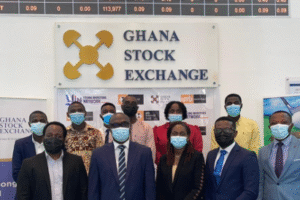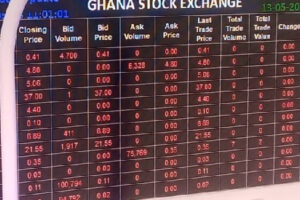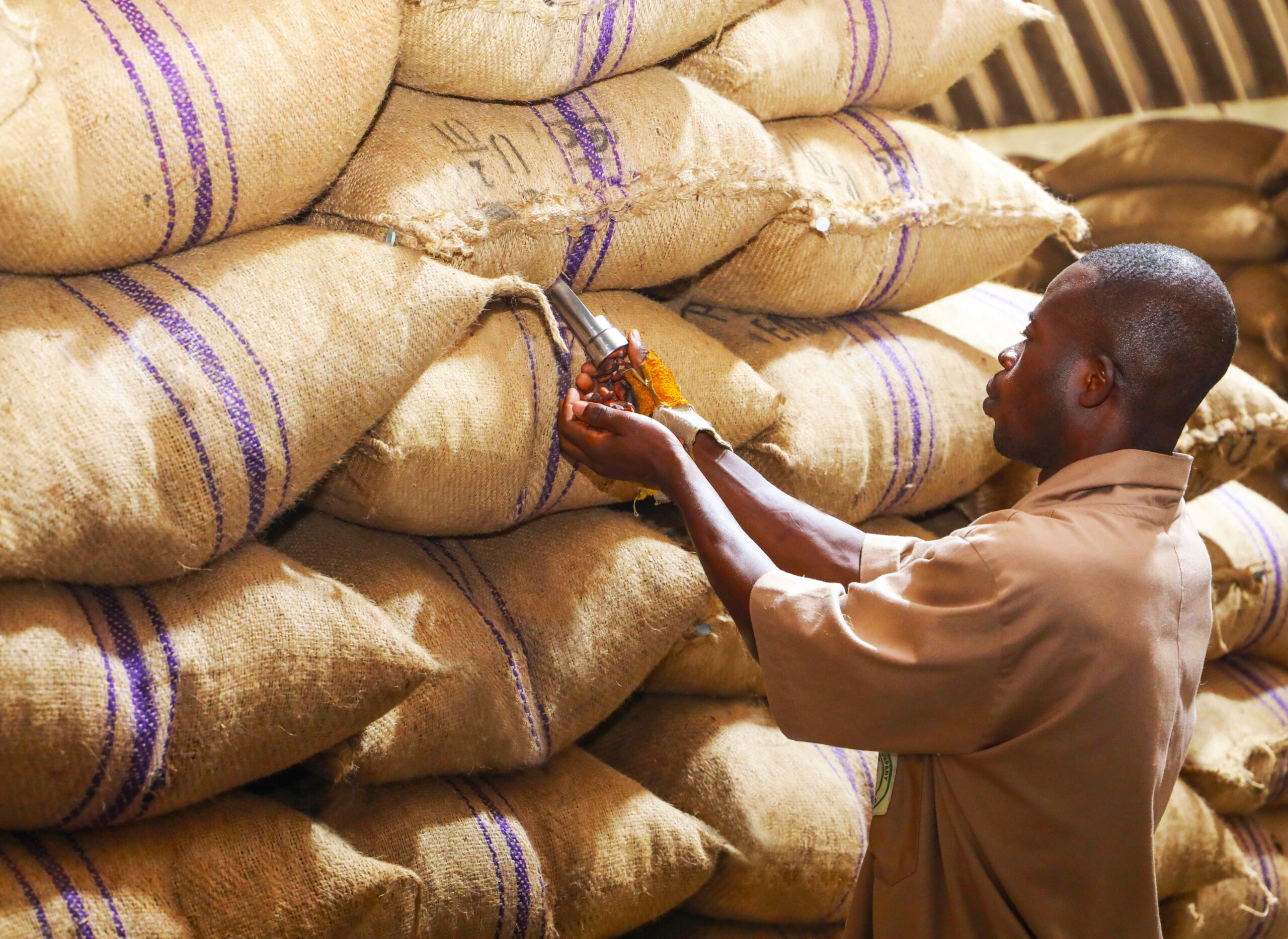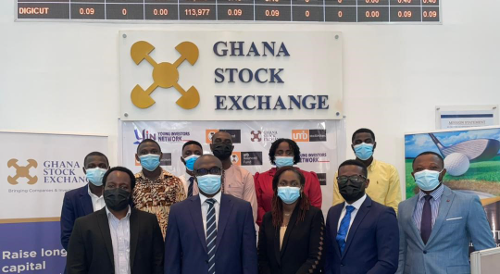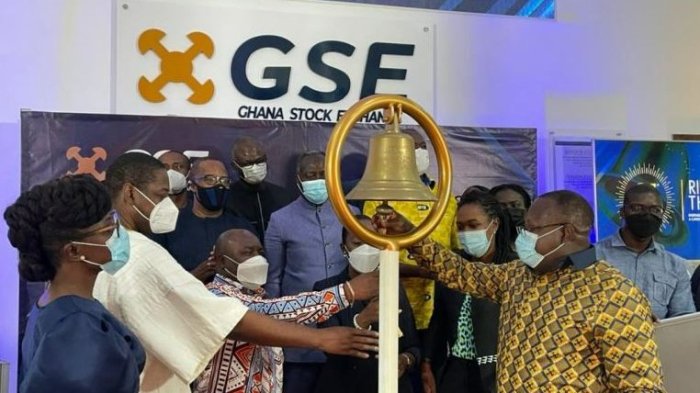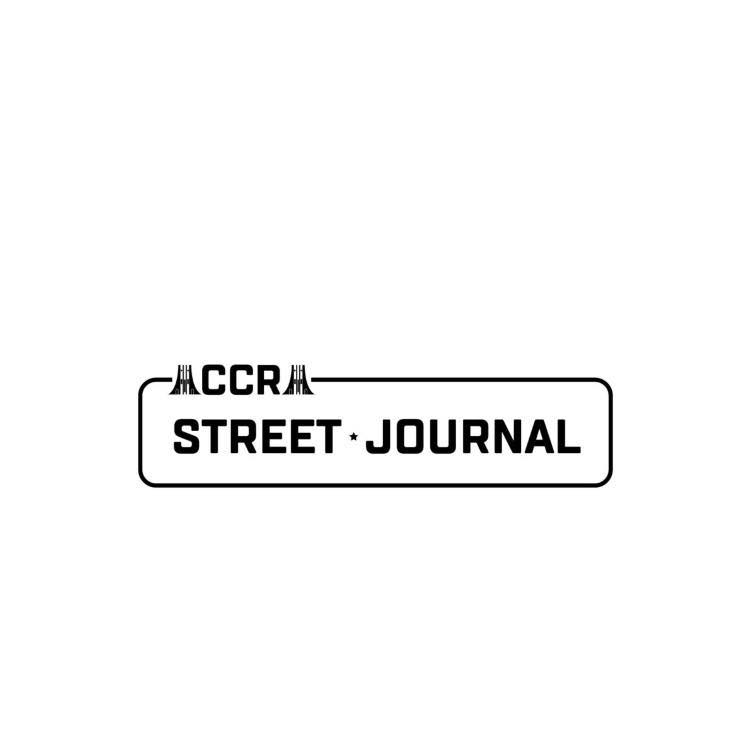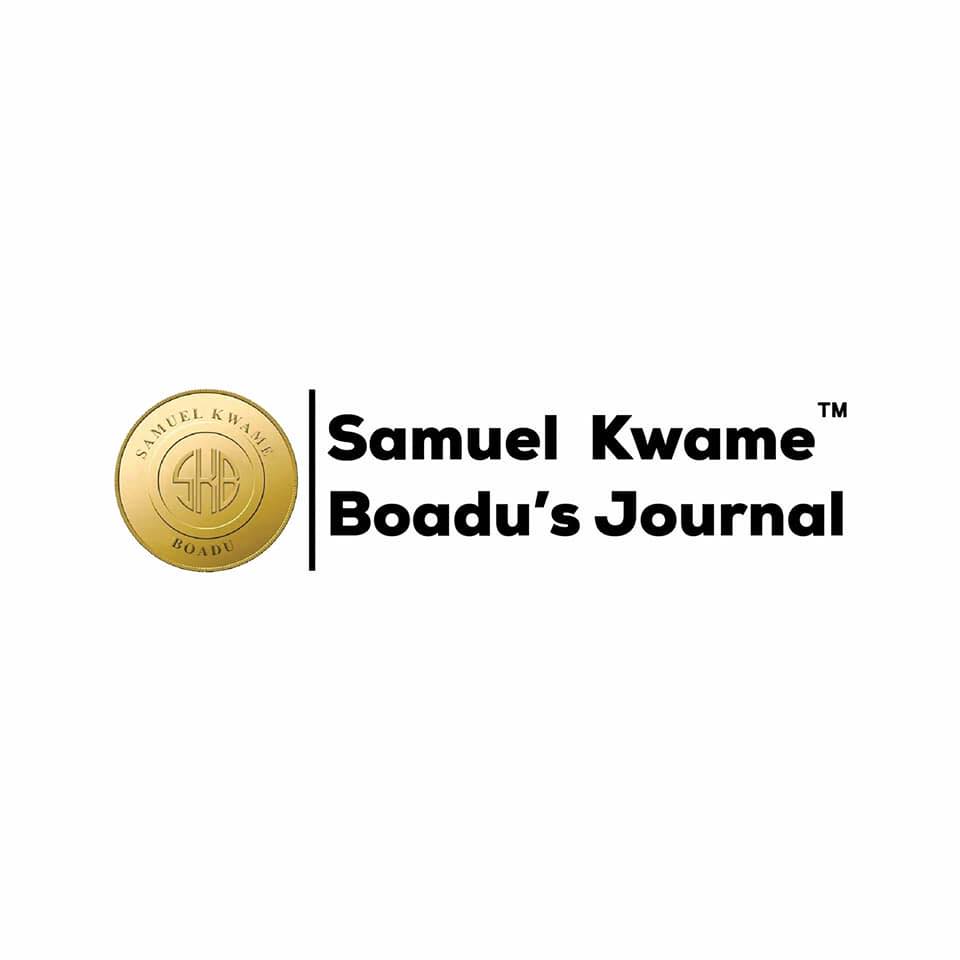Navigating the Re-Emergence of Ghana’s Domestic Bond Market
ACCRA — Ghana’s domestic bond market is at a pivotal moment. After a period of suspended issuances and restructuring, the trading landscape is showing signs of revival—but with significant caveats. As the economy begins to stabilise and investor sentiment recovers, the question is no longer if Ghana will re-enter its bond markets in earnest, but how that revival will unfold and what shape bond trading will take in the coming years.
A Market in Transition
The recent data reflect a marked uptick in activity in Ghana’s bond markets. In early 2025 the weekly turnover in the secondary market surged to GH¢1.83 billion, up 92.5 percent week-on-week—with the bulk of trades concentrated in February-2030 and 2031 maturities. A further week saw turnover of GH¢1.67 billion, with 2027-2030 maturities accounting for 77 percent of trades at a yield-to-maturity (YTM) of around 25 percent.
Amid this activity, the government is signalling a return to the domestic bond market. Reports indicate that the authorities intend to resume domestic bond issuances in the second quarter of 2025 (April–June), in tandem with a revised medium-term debt management strategy.
📢 GET A DETAILED ARTICLES + JOBS
Join SamBoad's WhatsApp Channel and never miss a post or opportunity.
📲 Join the Channel NowPresident John Dramani Mahama also confirmed that reopening the bond market is part of a wider economic reset. He said future borrowing will be linked to self-financing projects by government agencies to ensure sustainable repayment.
Key Drivers of the Revival
Several interlocking factors are shaping the future of bond trading:
-
Macro Stability Gains – With inflation moderating, the currency stabilising and reserves rebuilding, the environment for fixed income looks more benign. Market analysts at Databank Research foresee the recovery in investor sentiment that began in 2024 continuing into 2025.
-
Investor Appetite for Yield – Treasury bills remain attractive, but as yields moderate, longer-dated bonds may become more appealing. The secondary market’s activity in 2027–2030 maturities underscores this trend.
-
Debt Management Strategy & Credibility – The government’s deliberate caution in reopening the bond market is a bid to rebuild investor confidence. The issuance of a transparent borrowing plan and alignment with fiscal discipline are critical. Market Structure Enhancements – As the market revives, we may see the evolution of trading infrastructure, improved liquidity, more active secondary trading, and possibly more involvement from pension funds, insurers and foreign investors who had exited during the crisis years.
Risks That Could Derail Progress
Despite promising signs, there are significant risks and structural challenges ahead:
-
Refinancing Pressure & Debt Metrics – One analyst warned that a premature return to large-scale bond issuances may reverse recent gains on the debt-to-GDP ratio and push yields higher.
-
Investor Skepticism – Many investors remain cautious. After the domestic debt exchange programme in 2023 (with over 80 percent participation), appetite for longer‐term instruments remains limited.
-
Yield Competition – With high yields on shorter-dated T-bills, long-dated bonds face stiff competition unless the yield curve becomes more attractive and inflation expectations remain contained.
-
Liquidity and Market Depth – The bond market still lacks the depth of more mature markets. A thin secondary market reduces the appeal for larger institutional investors who need exit options.
What to Expect: Key Themes for the Coming Years
Extended Tenors and Yield Curve Normalisation
As investor confidence rebuilds, we are likely to see issuance of longer-duration bonds (5-10 years or more), helping extend the maturity profile of Ghanaian debt beyond the short-end dominance. The gradual decline of yields on T-bills may push demand into the belly and long end.
Enhanced Secondary Market Activity
Bond trading is expected to shift from purely primary issuance into more active secondary trading. Improved transparency, repo/back-to-back facilities, and greater participation from institutional investors will deepen liquidity.
Inclusion of Pension Funds & Institutional Players
Pension funds and insurance companies—long sidelined by excess risk and restructuring—may begin to participate more actively. Their entry would bring a stable demand base which is essential for market stability.
Digitalisation & Market Infrastructure
The future may see enhanced trading platforms, electronic order-matching systems, and better settlement mechanisms. These upgrades are essential for attracting both domestic and foreign fixed-income investors.
Integration with Capital Markets & Foreign Participation
As Ghana restores its macroeconomic footing and debt credibility, there may be renewed interest from foreign fixed-income investors. This could open the door to international bond investors, listing of Ghana bonds on regional/international platforms, and cross‐border trading.
Implications for Investors
For domestic investors, the revival of the bond market offers more choice beyond T-bills and may serve as a hedge against equity market volatility. For foreign investors, the key is monitoring macro trajectories, interest rates, currency risk and the yield premium on Ghanaian paper.
Investors should pay attention to:
-
The medium-term debt management strategy published by the government.
-
Yields on newly issued bonds and how they compare to inflation and currency expectations.
-
Market liquidity: secondary market turnover, bid/ask spreads and participation.
-
Macro risks: inflation, currency depreciation, fiscal slippage.
-
The maturity profile of new issuances—short-dated vs long-dated.
The Bottom Line
Ghana’s bond market is entering a new chapter. The combination of stabilising macroeconomics, cautious government re-entry into bond issuance, and growing investor readiness points to a more functional fixed income market ahead. But the recovery is fragile. A misstep in debt issuance, fiscal indiscipline, or a sudden shock to yields or currency could derail the progress.
In essence: Opportunities are emerging, but prudence remains crucial. For bond trading in Ghana, the coming years will be about building credibility, deepening liquidity, and institutionalising the market so that it can support not only government financing but also corporate issuance and investor diversification.
Source: The High Street Business
Disclaimer: Some content on The High Street Business may be aggregated, summarized, or edited from third-party sources for informational purposes. Images and media are used under fair use or royalty-free licenses. The High Street Business is a subsidiary of SamBoad Publishing under SamBoad Business Group Ltd, registered in Ghana since 2014.
For concerns or inquiries, please visit our Privacy Policy or Contact Page.



